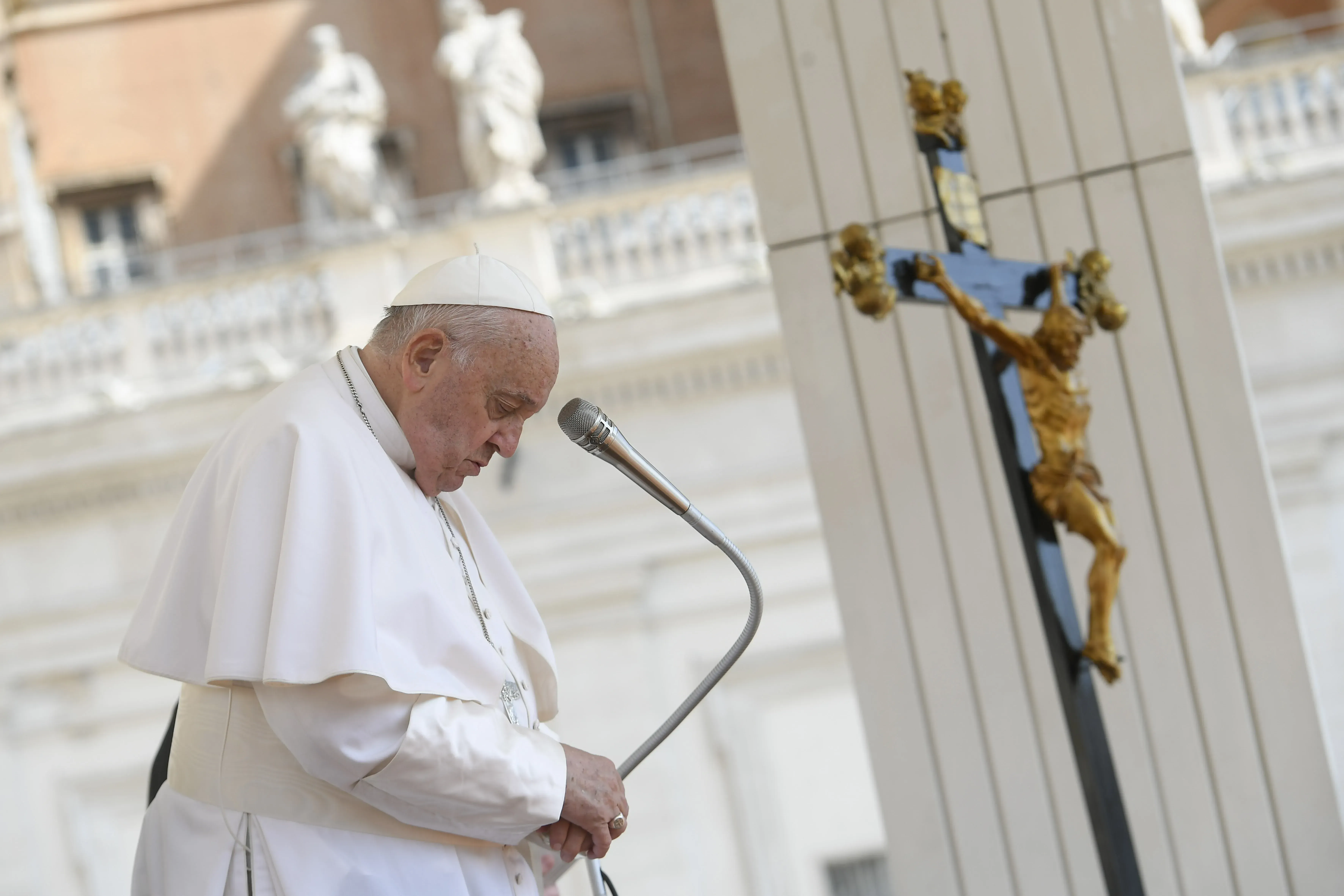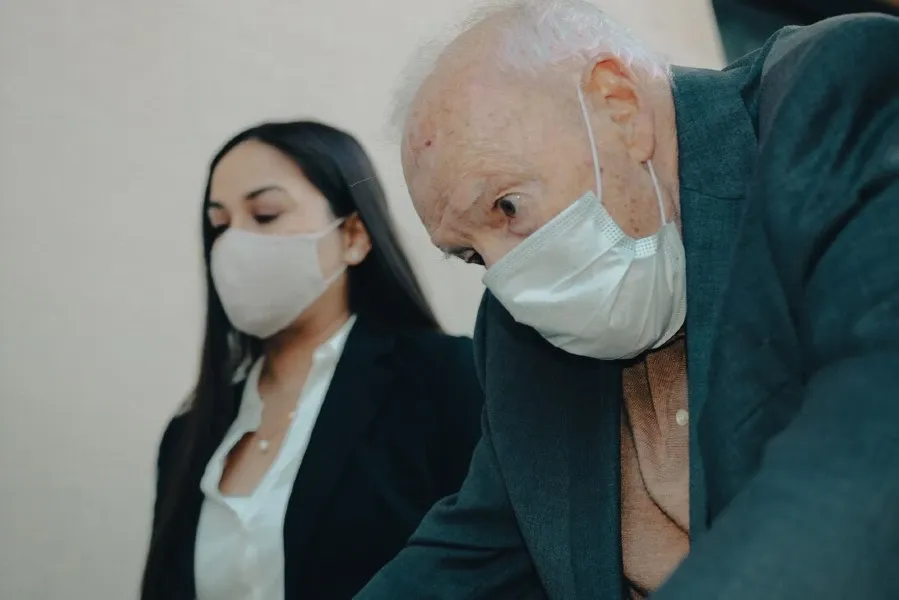Vatican, 26 August, 2024 / 7:39 pm (ACI Africa).
Pope Francis has expressed solidarity with the thousands of people affected by Monkeypox (Mpox), especially those in the Democratic Republic of Congo (DRC), who he describes as “so tried”.
In his Angelus address from the window of the Apostolic Palace on Sunday, August 25, the Holy Father acknowledged the “severe impact” of the viral illness that is reportedly caused by the monkeypox virus, a species of the genus Orthopoxvirus.
“I wish to express my solidarity with the thousands affected by monkeypox, which has now become a global health emergency,” Pope Francis said, referring to the pandemic that re-emerged in the DRC in June; the last case had been in December 2022.
He added, “I pray for all those infected, especially the people of the Democratic Republic of Congo who are so tried.”
“I extend my closeness to the local Churches of the countries most affected by this disease and encourage governments and private industries to share available technology and treatments so that no one lacks adequate medical assistance,” the Holy Father said.








